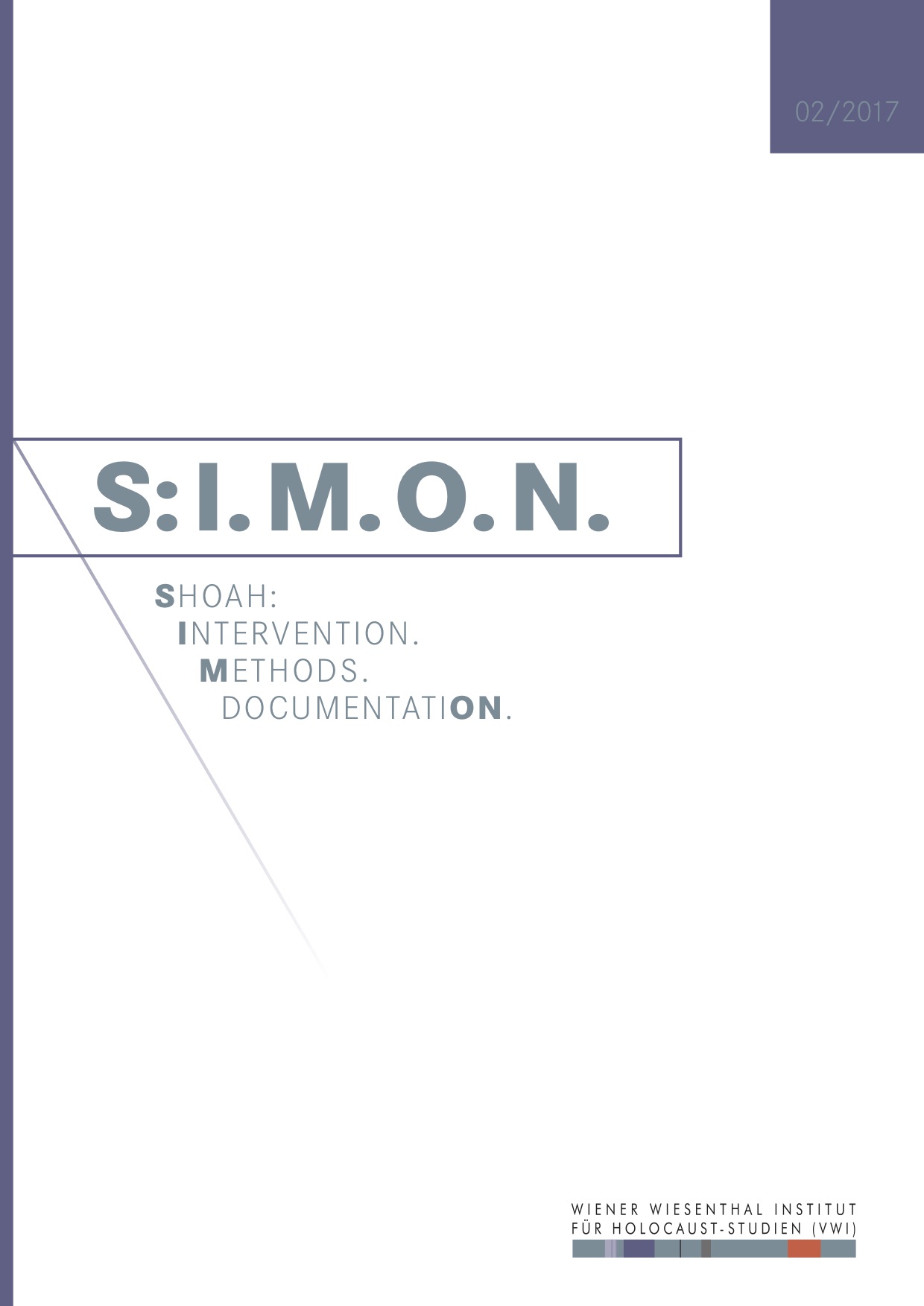The Struggle for a Universal Human Rights Regime - Hannah Arendt and Hermann Broch on the Paradoxes of a Concept
The Struggle for a Universal Human Rights Regime - Hannah Arendt and Hermann Broch on the Paradoxes of a Concept
Author(s): Elisabeth GallasSubject(s): Philosophy, Jewish studies, Human Rights and Humanitarian Law, History of Antisemitism, Philosophy of History
Published by: Wiener Wiesenthal Institut für Holocaust-Studien
Keywords: annihilation of European Jewry; idea of mankind; Declaration of Human Rights; historical responsibility; historical justice;
Summary/Abstract: After the most fundamental assault on humanity and civilization that was realised in the annihilation of European Jewry by Nazi Germany, universalist concepts – an idea of mankind – seemed at stake. Still, in the aftermath of the Second World War the newly created United Nations were eager to set up a framework of international rights and duties with universal validity and proposed legal tools to restore peace and the recognition of human dignity worldwide. One of the most important articulations of these principles was the UN’s Declaration of Human Rights in 1948. Hannah Arendt’s famous exploration of The Perplexities of the Rights of Men forming a core element of her magnus opum Origins of Totalitarianism (1951) was an essential comment to the debate of her time. While affirming the universalist notion of humanity and human rights she revealed the unsolved challenges of their enforcement in a world of nation states, highlighting the fragile character of international agreements and their limited reach when faced with sovereign rule. To overcome the limits of the notion of universal human rights as such, she claims a more specific human right: the right to belong, a basic right to citizenship as a way to secure recognition and participation of every human being in a shared world. In my paper, I discuss Arendt’s claims in relation to another important Jewish thinker of the time: Hermann Broch. He was equally preoccupied with the possibilities of enforcement of a global human rights regime and tried to come up with very concrete political propositions. Both intellectual’s deliberations reveal general reconfigurations of thinking and judging after the Holocaust and highlight their importance within Arendt’s and Broch’s specific view on historical responsibility and justice.
Journal: S:I.M.O.N. Shoah: Intervention. Methods. Documentation.
- Issue Year: 4/2017
- Issue No: 2
- Page Range: 123-131
- Page Count: 9
- Language: English

